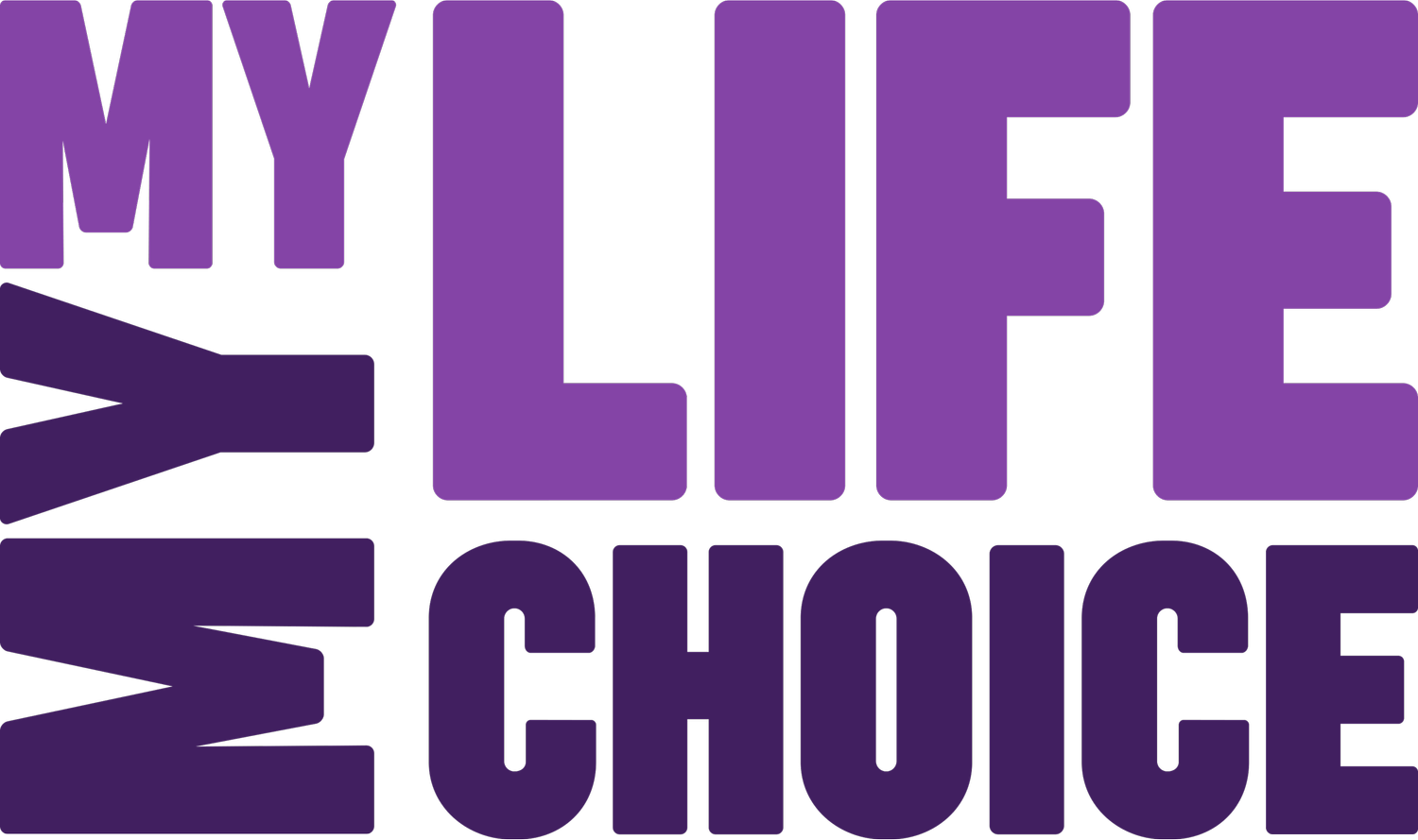Deconstructing “Money Shot”: An Honest Review
Written by Audrey Morrissey and Lisa Goldblatt Grace
Last week, Netflix released a new documentary about the controversy surrounding PornHub, an easily accessible pornography site known for showcasing sexual exploitation and trafficking. While curling up with misogyny and gender-based violence at the end of the workday is not our favorite thing to do, it felt important to understand the narrative that is being pushed into our homes and communities. While we know that pornography harms people of all genders, we want to hone in on the well-documented impact on women and girls. We feel compelled to offer our take on the film: the pornography industry is painted as being about choice and control, when in reality we know it is about the absence of both for those most marginalized in our communities.
The opening scene of Money Shot includes varied individuals reminiscing about their first time watching pornography. We were immediately frustrated. How does this nostalgic narrative coincide with the fact that we know on average, youth are only 11 when they are first seeing pornography? They are no longer finding DVDs or video tapes owned by their parents, but the free stuff on the internet that is steeped in misogyny, degradation, and violence. And that violence and degradation in mainstream pornography is ubiquitous—it is the norm, not the exception. We know that this violence wires the developing brains of young people to intertwine and equate sex with violence, rather than intimacy.
This documentary sought to show “both sides” of the debate over PornHub—is it a haven for entrepreneurs seeking to make an honest living, or is it a site in which trafficking and other forms of rape are showcased for the masses? The answer to that question is both/and, but here is where this documentary is fundamentally flawed. The creators of the film paint the controversy around PornHub as a dichotomy between the forced violent acts, often of children, and what they seemed to characterize as innocuous, totally consensual acts. The implication is that if we could just get rid of the videos that are clearly non-consensual, we get rid of the problem. This negates that there is extraordinary harm in all that swims in between—the incredibly violent nature of MOST pornography. As Gail Dines, the leading pornography researcher, describes, the most popular acts depicted in internet porn include vaginal, oral and anal penetration by three or more men at the same time; double anal; double vaginal; a female gagging from having a penis thrust into her throat; and ejaculation in a woman's face, eyes and mouth.
"To think that so many men hate women to the degree that they can get aroused by such vile images is quite profound," states Dr. Dines. "Pornography is the perfect propaganda piece for patriarchy. In nothing else is their hatred of us quite as clear."
We do not sit in judgment of those who make their living through the porn industry and who truly have choice and control. In the film, one white, cisgender, adult woman states that she likes PornHub because “I can control the whole thing”. Another says, “I have full bodily autonomy at all times”. Well, that is great if that is your experience. However, when commodification of our bodies occurs—particularly for those most pushed to the margins—this autonomy and control are stripped away.
Please don’t equate our distaste for PornHub, the porn industry and the horrific violence it portrays as not being “sex positive” or as anti-feminist. This is not about sex. It is about merging commodification and power to be clear about who is truly in control. And while some few privileged individuals can find strength and economic empowerment through this industry, the majority find violence and trauma. To us, this is not feminism. As Gloria Steinem has said, ”If it doesn’t help ALL women, it isn’t feminism.”
This is just one of many documentaries released in the past few years that misleads viewers about the choice and control existing in the pornography industry. Be outraged with us. Learn more here: Culture Reframed & Fight the New Drug. Be part of the conversation.
